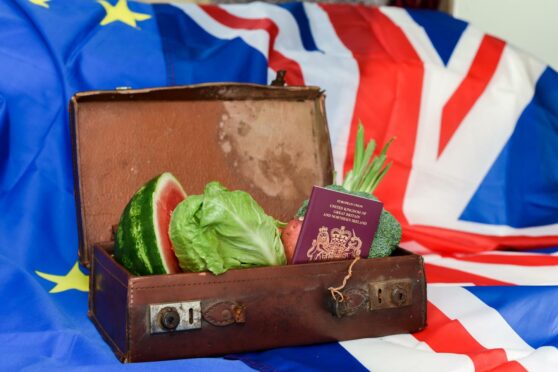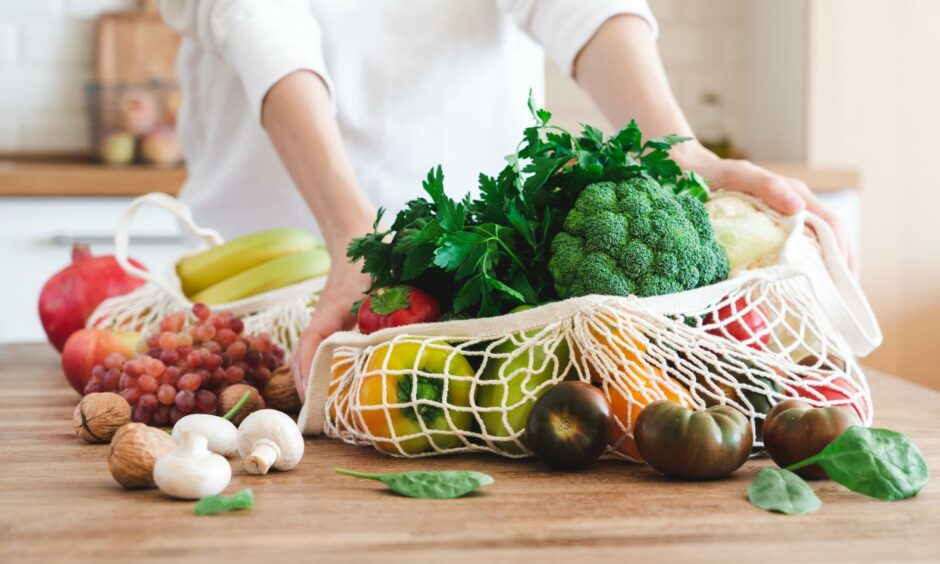Imports of food to the UK from the EU have not been affected by Brexit.
This is largely because for administrative reason the UK Government opted not to fully implement rules in the year after Brexit was completed in January 2021.
However tighter regulations are now in place, meaning those exporting from the EU into the UK now have to comply with customs rules.
This will be test whether what has been a one-way street of UK exporters facing challenges while EU trade has been unaffected will continue.
The regulations will be further tightened in July when full certification will be demanded and physical checks imposed. Checks on dairy products will be delayed until September.
However because of political sensitivities and the Northern Ireland protocol, which keeps it in the EU Single market, imports from the Republic of Ireland are excluded.
They will remain subject to the same rules that applied in 2021.
Staff shortages and Covid have been blamed for the UK’s year-long inability to implement the Brexit rules it pressed for when it opted in negotiations with the EU to prioritise sovereignty over market access.
Booming trade
EU agriculture and food trade has continued to boom, as confirmed by the latest figures published by the European Commission. These cover January to September and at £200 billion trade was up by more than 6%.
The pattern of increasing exports and static or falling imports opening up a bigger positive balance of trade gap continued.
Exports rose by 8%, while imports rose by only 3.5%. This left a balance of trade gap of £42 billion, which was up by 17% year-on-year.
The biggest increase in exports was to the United States, driven by wines and spirits.
For the first time exports to the UK topped the level for the corresponding period in 2020, before Brexit rules came into force.
By contrast imports from the UK to Europe continued to fall and were down by 27%. Big falls in exports to the rest of the world included infant formula and wheat.
It might be Veganuary when retailers seek profit from the small growth in demand for vegan foods, but figures from the European Commission suggests there is a mountain to climb to increase consumption of fruit and vegetables.
Most people across the EU are far off achieving the target of five portions of fruit or vegetables in their daily diet.
While, like many EU figures, these are far from current, having been compiled based on results from 2019, they show that one in three eat no fruit or vegetables while just 12% meet the five-a-day goal.
Just over half ate between one and four portions a day. Highest consumption was in the Netherlands, Denmark and France and women were better than men in the five-a-day fruit and vegetable challenge.
- Richard Wright is an agricultural industry commentator.

